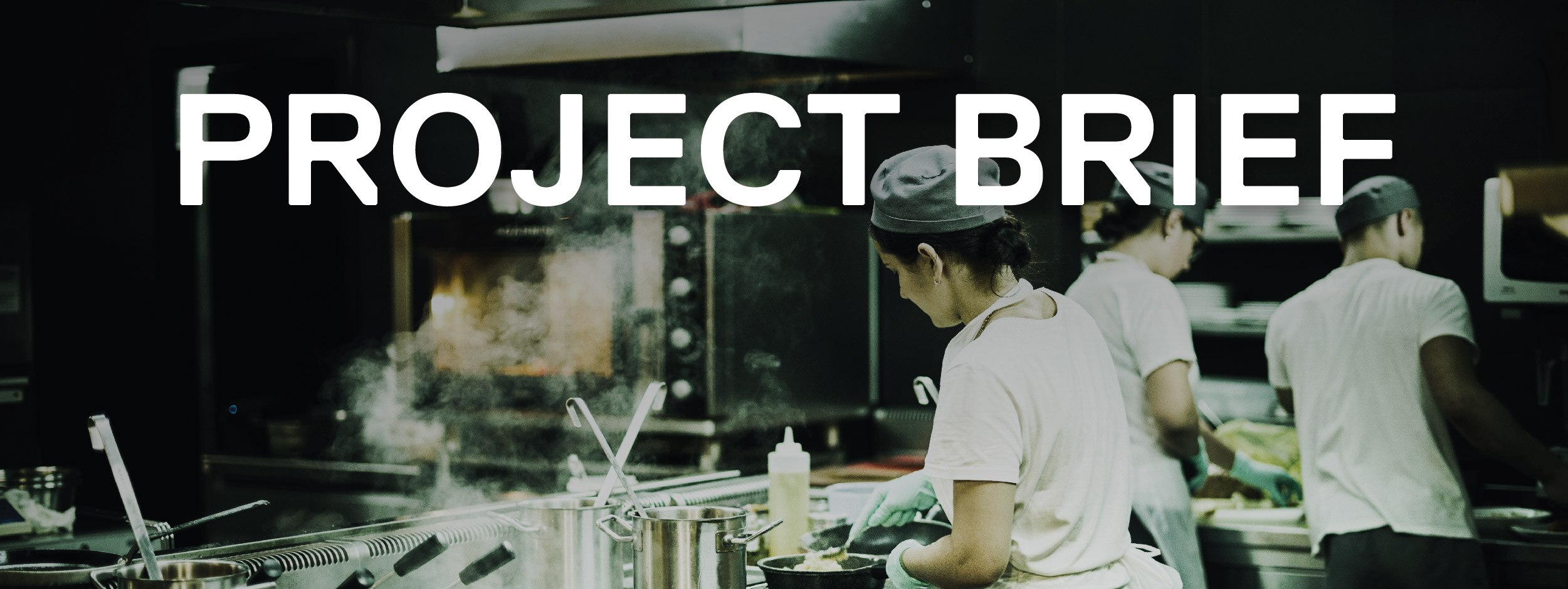PANDEMIC KITCHEN STORIES
The impact of COVID-19 on immigrants working in Toronto's full-service restaurants


Maggie Perzyna

Our research project seeks to explore the ways in which newcomers who have arrived in Canada within the last 10 years have dealt with the effects of pandemic closures. By studying the ways in which immigrant workers in the restaurant sector cope when economic opportunities are limited, we begin to understand the factors that contribute to resilience in the face of job loss and crisis. The project will document the pros and cons of different coping strategies employed by immigrant workers, as well as the incentives and disincentives of government programs, to help inform the development of policies needed to support displaced workers.

1. What is the role of social capital in helping immigrants working in Toronto’s restaurant industry to cope with the industry-specific effects of government-mandated COVID-19 prevention measures – specifically, job loss, furlough, reduced hours and reduced pay?
2. How does immigration status affect the settlement trajectories of immigrants working in restaurants and what strategies influence resilience?

The on-going COVID-19 pandemic has had devastating economic effects on many industries. However, few have suffered to the same extent as the hospitality sector. Over 50 percent of food services workers are foreign born. In normal economic times, the sector has offered low barriers to access and a springboard for many newcomers, including international students, to gain valuable Canadian employment experience.
With case numbers and lockdowns continuing to prevent the re-opening of restaurants, the negative impacts have the potential to get much worse before the industry sees a true recovery. Further, policy experts are predicting that many of the lost jobs will never return. Given the high percentage of racialized immigrants (and immigrant women in particular) represented in the restaurant sector, this population segment has been particularly negatively affected by pandemic closures.

The study will use a mixed-method approach to research and analysis, combining publicly available statistical data complemented with survey data and semi-structured, qualitative interviews. By looking at a range of quantitative and qualitative data, the study will contribute research-based policy recommendations for post-pandemic sector recovery, reskilling and upskilling efforts.

Dimanche, F., Perzyna, M. (2023) Diversity, equity, and inclusion management in the Canadian hospitality industry. In (Manoharan, A., Madera, J.M., & Singal, M. (Eds.)) The Routledge handbook of diversity, equity and inclusion management in the hospitality industry (1st ed.). Routledge. https://doi.org/10.4324/9781003285687 (external link)
A recent commentary in The Conversation reflects some of the findings:
Perzyna, M. (2022). It’s not just that Canadian restaurant workers have left — many have yet to arrive (external link) The Conversation.
“Chasing the Chimera”: The coping strategies of migrant restaurant workers in Toronto during the Covid-19 pandemic (forthcoming).

COVID-19, hospitality, restaurants, immigrants, resilience